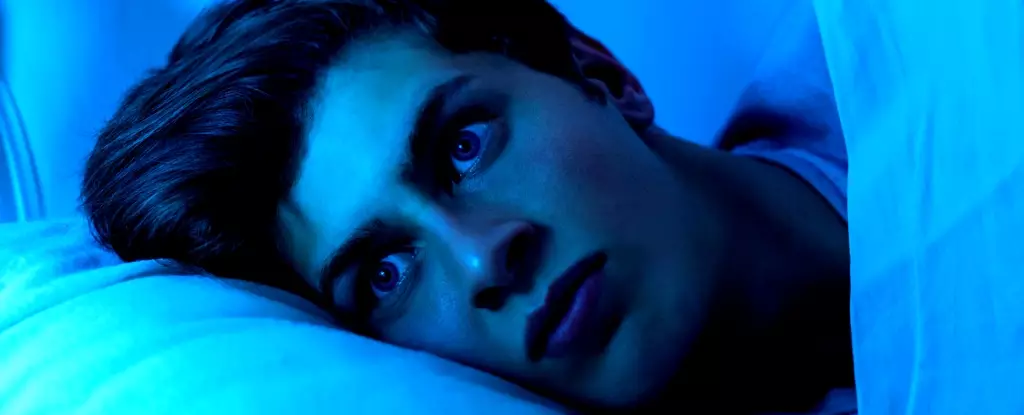After a long day at work, it’s tempting to unwind with a nightcap before bed. Similarly, at social gatherings, having a drink seems like a way to relax and enjoy the occasion. However, while alcohol can initially induce relaxation and help you fall asleep easily, it also has a disruptive effect on the quality of your sleep. In this article, we will delve into the mechanisms behind the dual effects of alcohol on sleep and provide tips to minimize its impact.
When alcohol is consumed, it enters the bloodstream and reaches the brain. There, it interacts with neurotransmitters, slowing down communication between nerve cells. This leads to feelings of relaxation, lowered inhibitions, slurred speech, and can induce drowsiness and lethargy. Additionally, alcohol widens blood vessels, resulting in a drop in blood pressure, which can cause dizziness or lightheadedness.
Consuming alcohol before bedtime is like flipping a switch. Initially, it has a sedative effect, making you feel relaxed and aiding in falling asleep. However, as the night progresses and your body metabolizes the alcohol, the sedative effect wears off, leading to sleep disruption. The drop in blood alcohol level causes the brain to rebound from the drowsiness, leading to multiple awakenings during the second half of the night. This disruption primarily affects REM sleep, which plays a crucial role in regulating emotions and cognitive function. Consequently, inadequate REM sleep results in feeling groggy and lousy upon waking up.
Drinking alcohol before bedtime not only disrupts the quality of sleep but also reduces the overall duration. With alcohol in the system, the sleep cycle is interrupted, shortening the rest and recharge time essential for optimal functioning. Over time, moderate and heavy drinkers consistently experience poor sleep quality and more sleep disturbances.
If you plan to indulge in alcohol this holiday season, here are some useful tips to minimize its impact on your sleep:
Swap Every Other Drink
Try alternating alcoholic beverages with non-alcoholic drinks. By reducing alcohol consumption, you can minimize sleep disruption. The general rule is the more alcohol you drink, the more it affects your sleep.
Avoid Alcohol Close to Bedtime
Give your body ample time to process alcohol before going to sleep. By avoiding alcohol near bedtime, you can lessen the sleep disruptions caused by its metabolism.
Eat While Drinking
Consuming alcohol on an empty stomach intensifies its effects, as it gets absorbed faster into the bloodstream. It is advisable to eat something while drinking to mitigate the impact of alcohol.
Avoid Caffeinated Drinks
Steer clear of caffeinated drinks, such as espresso martinis, as they make it harder to both fall asleep and stay asleep. Caffeine can interfere with the sleep cycle and reduce sleep quality.
Consider Sleep Apnea
If you have sleep apnea, a condition characterized by repeated upper airway blockages during sleep, alcohol can exacerbate its effects. Alcohol acts as a muscle relaxant, leading to increased snoring and decreased blood oxygen levels. Limiting alcohol consumption is vital for individuals with sleep apnea to minimize these adverse effects.
Stay Hydrated
Drinking plenty of water alongside alcohol consumption helps to mitigate its dehydrating effects and aids in overall hydration.
While alcohol can induce temporary feelings of relaxation and help with falling asleep, its effects on sleep are more complex. Drinking alcohol before bedtime disrupts the sleep cycle, leading to multiple awakenings and reduced REM sleep. Additionally, long-term alcohol consumption consistently affects sleep quality. By implementing the aforementioned tips, you can minimize the impact of alcohol on your sleep and ensure a more restful night. Prioritizing good sleep practices is essential for overall health and well-being.



Leave a Reply